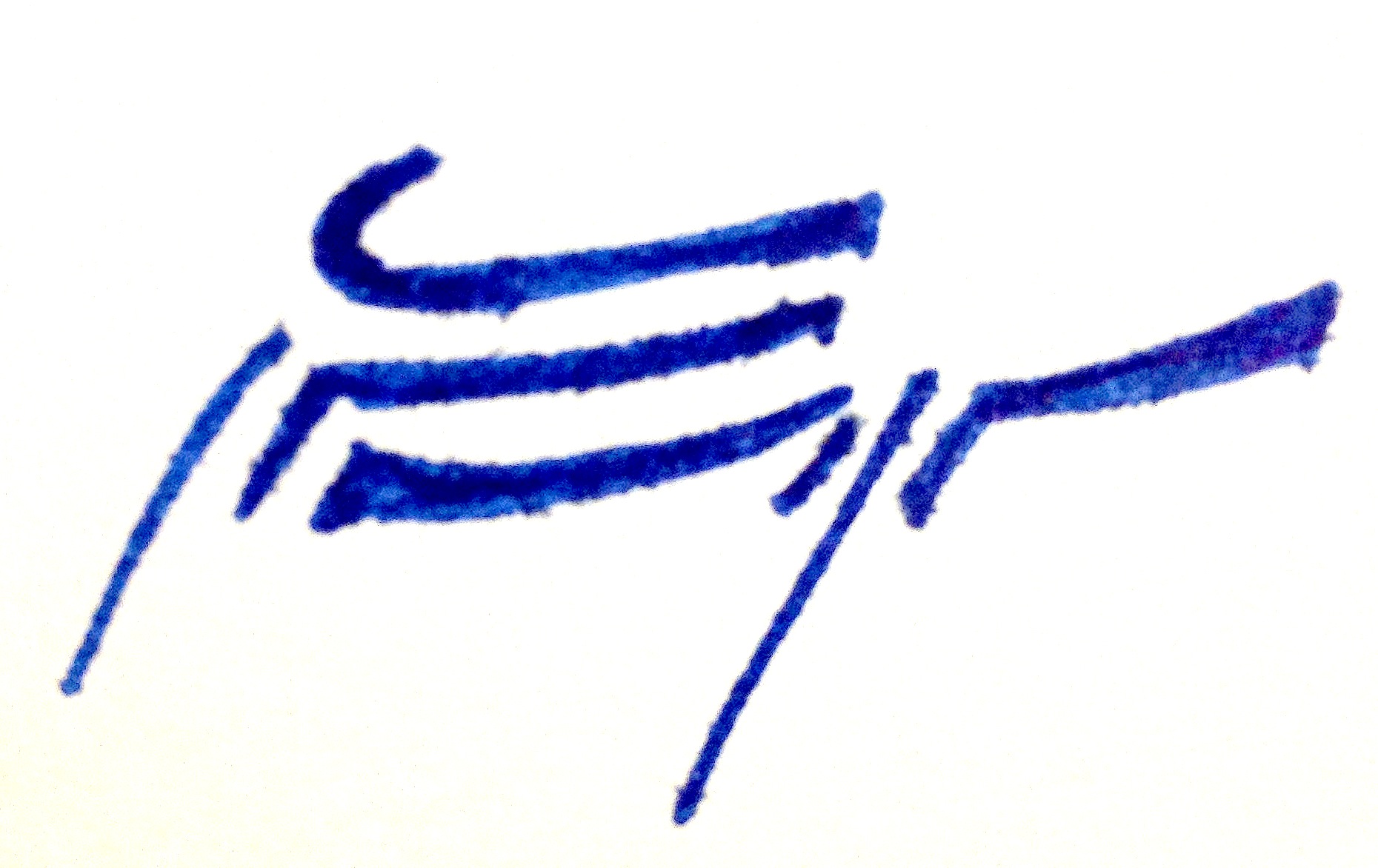28 March 2013
Death and mortality in cars. Yesterday Zahra Khanoum called to say her cousin was killed in a bus accident. Just this young woman and the driver. Someone in the bus took the opportunity to steal her purse after the crash, so that she spent three days in the morgue until she was identified.
The Persian word she used for “morgue” is sard khaneh, lit. “the house of coldness.” It is also a name of a village in eastern Iran.
'Morgue [môrg], from early 19th century French, “originally the name of a building in Paris where bodies were kept until identified.”'
Holding the telephone receiver in my hand I shivered thinking on her dead, unnamed body all alone in that dark drawer.
At the hair salon today (a small, self-made business in a neighbor’s apartment) the stylist told me how her brother was instantly killed by an oncoming car. Upon hearing the news, she lost feeling in half her body, and her other brother had a heart attack. These machines of spiraling death have really got me down.
1 April 2013
I am having trouble breathing. Owing to the New Year holiday, when the cars leave en masse for the mountains and the sea, Tehran’s air quality was supposed to have gone from abhorrent to moderately terrible. But I’m still coughing a lot. Coughed up some blood yesterday. It felt strangely gratifying. Every city should have a compulsory physical ritual it puts you through to get your body acclimated to being there.
A taxi driver taking us to the Tehran Museum of Contemporary Art heard I lost my voice, so he made some adroit over-the-counter recommendations. “My other job is as a pharmacist.”
3 April 2013
There was a painting by Parviz Izadpanah at the Museum of Contemporary Art called “Imperialist.” In Persian the title was jahan khaar, lit. “eater of the world.”
I am standing in line to buy a book on Persian landscape art. An older Iranian man in front of me asks for a Hockney book. (At first I hear “Hopper,” as in Edward, then unsure of what I am hearing I jot down a portmanteau of Hopper and Hockney, “Hockner”).
The bookseller quietly tells him that all the Hockney books have been seized by the authorities for reasons unknown. “Poor Hockney,” the buyer shakes his head wanly.
5 April 2013
In Esfehan, a little girl who lost her mother stood next to a soldiers’ barrack. She was crying and screaming for her mother. People clumsily pulled out mobile phones, as if the answer lay there.
We approached her, unsure of what to do except mutter a few words of comfort. She is unmoved. With one wet eye toward the uniformed guards behind her, she yelled over and over, “I am scared of the police. I am scared of the police!”
5 April 2013
Brought Sister Outsider along. “Only within a patriarchal structure is maternity the only social power open to women” (“Master’s Tools,” p 111). Like how when I was 15 and detained at the airport by an air marshal—“for suspiciously reaching into your luggage, young lady”— I intuited immediately and precisely and without any hesitation whatsoever my social predicament to falsely claim that I was pregnant. And the air marshal, who had previously raised his hand as though to strike me, looked like he wanted to spit in my face. But held himself back and gave me back my passport. All the other passengers knew I had lied. They were proud of me.
6 April 2013
I wonder if, stripped of the sentimental attachments to the word, becoming an immigrant is akin to becoming orphaned. A traumatic root loss, followed by a fostering to a new place and peoples, synthesizing into a subconscious, mystifying connection/recollection of the parent-country. Less a shuttling back and forth (as the orphan-immigrant ascertains whether he has gained two sets of parents, or been divested of all of them) than an alchemic transformation into a new person, a person reborn and underwritten always with loss.
